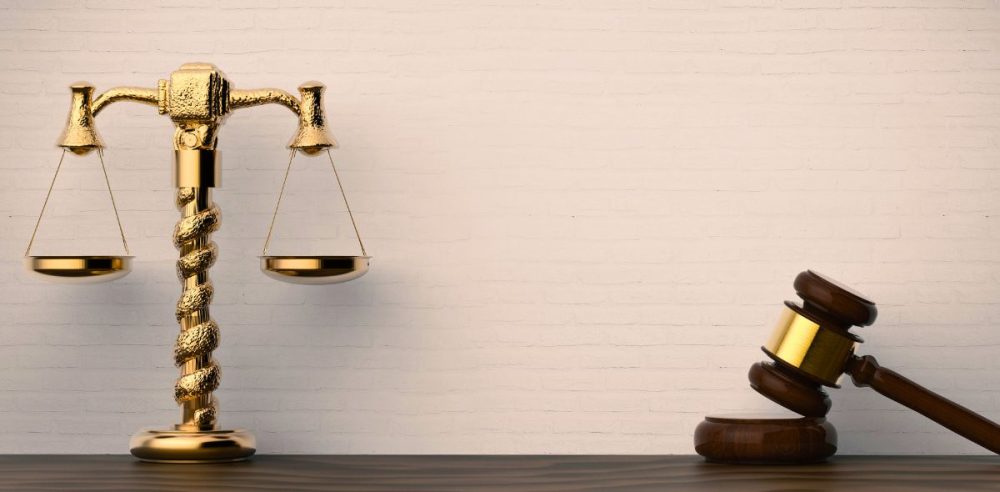Attorney General Ken Paxton has launched a new investigation into what he describes as potentially illegal diversity, equity, and inclusion (DEI) practices at major law firms across the country.
Paxton, in a coordinated effort with a collection of attorneys general from other states, has issued formal letters to 20 law firms requesting information about their hiring and employment policies related to DEI initiatives.
In a statement announcing the initiative, Paxton criticized DEI-based hiring strategies, calling them “blatantly illegal employment discrimination.” He also argued that DEI practices violate federal anti-discrimination statutes and state laws related to deceptive business practices.
“The blatantly illegal employment discrimination perpetuated by law firms and other businesses under un-American DEI ideology must be brought to an immediate and permanent end,” Paxton said.
“I am leading the charge at the state level to support President Trump’s efforts to end this insanity and restore equal treatment. Employers should look at qualifications, not quotas, in their hiring decisions,” he added.
The letter requests documentation of any employment programs or practices that may consider factors such as race, sex, or national origin. Paxton and the coalition of other Attorney Generals have asked firms to respond by April 15 and share the same information previously requested by the U.S. Equal Employment Opportunity Commission (EEOC).
Acting EEOC Chair Andrea Lucas, appointed by President Trump, sent a similar request to the 20 law firms last month. In her letter, Lucas cited the active federal authority that allows states to investigate employment practices that may violate or conflict with civil rights laws.
While the letters do not amount to any official legal action, they show a growing willingness among Republican-led states to challenge DEI efforts in the private sector—particularly in high-profile professional fields like law.
“The EEOC is prepared to root out discrimination anywhere it may rear its head, including in our nation’s elite law firms,” Lucas said. “No one is above the law—and certainly not the private bar.”
As the April 15 deadline approaches, it remains unclear how the law firms will respond – or whether this effort will mark the beginning of bigger legal confrontations over DEI policies in America’s law firms.


